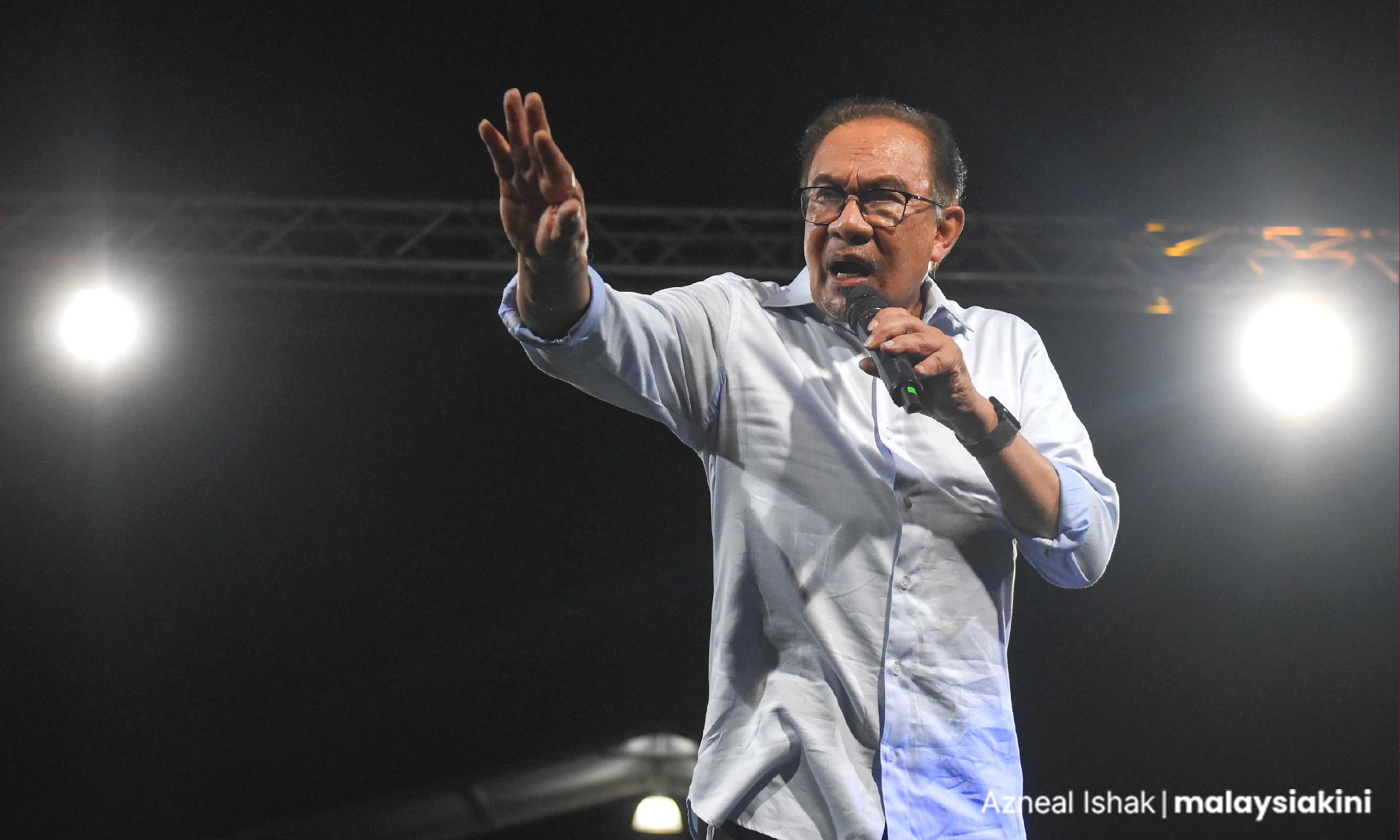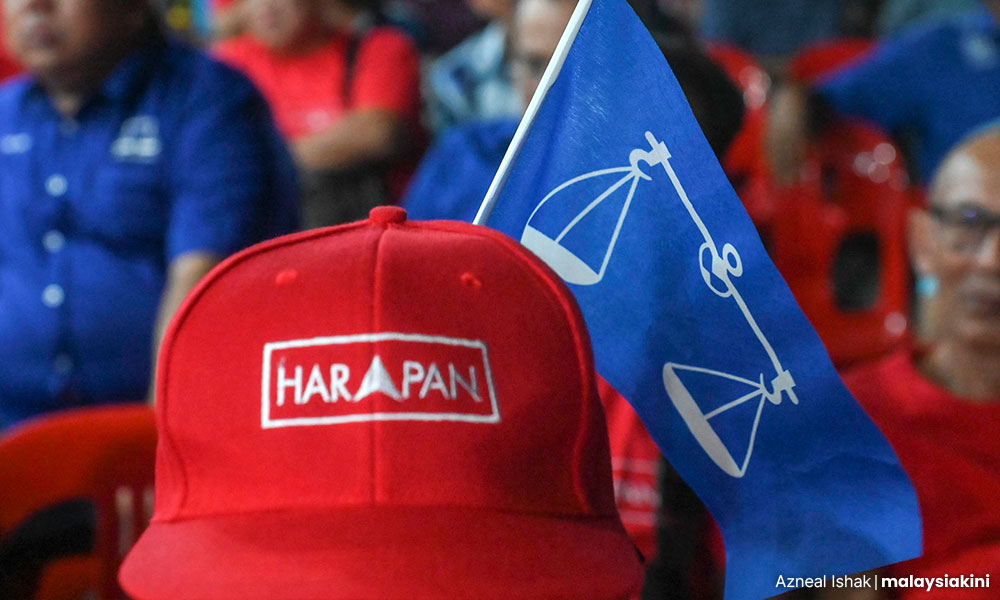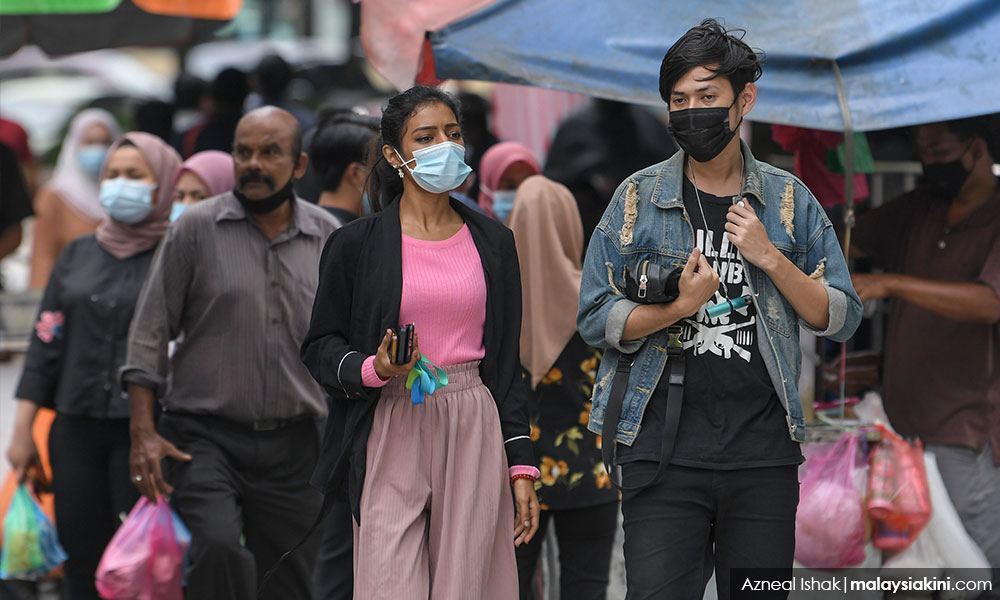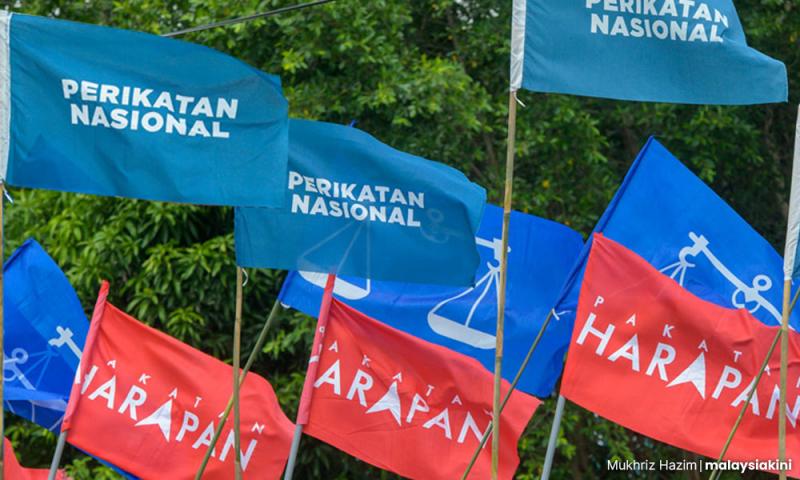MP SPEAKS | What’s next for Malaysia after the recent state elections?
Pakatan Harapan and BN held on to Penang, Selangor and Negeri Sembilan, but PN was dominant in Kedah, Kelantan and Terengganu while making inroads in Penang and Selangor.
This matters because if we want to be a truly national force, Harapan must be able to win seats in all states.
And while winning elections alone cannot solve polarisation—the people still look to politicians to lead and close the gaps in our society. We will not have the credibility to do this without a broad support base.
Let me say that the unity government team worked incredibly hard in Kelantan and Terengganu.
We faced enormous odds, and I am proud of the effort we put in. I believe we have a future, and that time is on our side.
When I was elected as one of PKR’s vice-presidents last year, I was also assigned to chair our Kelantan and Terengganu state chapters.
I asked our party president, Anwar Ibrahim, to give me five years to build up the party in the two states to make them election ready.
Yes, PKR is now in the federal government but that does not mean there are no challenges for us on the ground, especially considering that the administration is less than a year old.
The cooperation between BN and Harapan is still new and our grassroots are still getting used to it.
To be sure, our achievements are considerable: inflation is now under control and Malaysia is on the radar of foreign investors again.
The Rahmah initiatives pioneered by Allahyarham Salahuddin Ayub continue to assist the rakyat in tackling the cost of living.
The prime minister has not marginalised opposition-held states and instead has taken an open approach to them to solve the people’s issues there.

Three factors at play?
So what happened?
I think three factors were at play here.
First, we cannot ignore the power of state sentiment.
Let’s not forget that it also helped us politically—as Pakatan Rakyat and then Harapan—during the 2008-2018 period when the states we led had to deal with successive federal governments who were not exactly friendly to us.
Is it any wonder that PAS remains strong in Kelantan, given that it has successfully built a narrative that the state, which it has governed since 1990—has been “oppressed” by Putrajaya?
This has arguably been successfully replicated in Kedah.
Now some of our supporters are saying Putrajaya should take out development funds from opposition states. It is important we stick to our ideals and resist this knee-jerk reaction.
Second; sentiment in general matters. Yes, the economic headline numbers for Malaysia are good. But it takes time for this to be genuinely felt on the ground.
Instead, it’s also whether the rakyat thinks their lives are more than just hand-to-mouth. We also had to take the bull by its horns by transitioning towards targeted electricity subsidies.
Of course, no government can win votes simply by throwing money at people. But neither can one just tell the struggling working and middle classes: “Be patient, I am working for our future” repeatedly.
There must be concrete proof and the people must believe their lives are improving.
This leads to the final factor - values matter. This is not to suggest that PN is in any way morally or ethically superior to Harapan/BN.
Instead, they were able to make voters believe they were. This helped to override—in the places the unity government lost—its otherwise good record so far.
There is a perceived trust and values deficit in Malaysia that PN exploited to the hilt.

The way forward
So, what is to be done? In all states, PKR must strengthen its machinery. We need to run strong candidates who can appeal to a wide-cross section of society, including the youth and women.
We need “ustazs” who represent our ideals to run and present an alternative to the PAS candidates.
Then there’s the calls for the unity government to communicate better, or to have a stronger narrative.
It arguably all boils down to how to address the three factors I highlighted above.
However, there are some obstacles to this.
We now live in a world where trust in institutions and facts has been severely eroded. Malaysia has not been immune to this.
This is not to say that we shouldn’t be talking about all we are doing or have achieved - and doing so in a way that is relevant to the social media age which is constantly evolving.
Believe it or not - TikTok and podcasts - which featured so strongly in the 2022 and 2023 elections; are now obsolete.
Something else will have taken their place when GE16 rolls around - it’s just a question of what and whether Harapan can master it before PN can.
But fundamentally, the way forward is about winning and keeping—the trust and good faith of the rakyat while national reform and transformation are taking place.
We must balance the anxieties about race and religion that Muslims and non-Muslims feel.
This is where values come in. People concerned about the fate of their race or religious group are not necessarily racists or bigots. Often, their economic anxieties are exploited for identity politics.
Instead, they need leadership which convinces them that Malaysia’s grand, pluralistic experiment is the best way forward. I believe PKR and Harapan are the best sources for this kind of leadership. But we need to work hard to win the people over.
PKR and Harapan must continue championing economic and political reform while upholding Malaysia’s constitutional settlement - including the position of Islam, the Rulers and the Malay language.
It’s not wrong to sequence reforms - but the rakyat must believe we are pursuing the entire package.
This includes fighting corruption, strengthening public institutions and good governance, and addressing Malaysia’s democratic deficit such as the malapportionment of parliamentary and state seats.
It means aiding and uplifting all Malaysians even as we ensure the Bumiputera empowerment agenda evolves and remains relevant to the current realities.
As many have already argued, it would be wrong to pander to ethno-religious conservatism. But it’s also a mistake to simply dismiss religious or rural voters as not worth considering based on the assumption they will never vote for us.
Instead, we must understand the concerns of all Malaysians.
We must show them that their fears and aspirations are not that different; and how PKR’s moderate, progressive approach is the best way to address them collectively and improve their lives and dignity.

Room for hope
Perhaps that is the narrative that PKR and Harapan need.
That we will take care of the rakyat in the here and now even as we prepare the country for the future - as well as that they can trust us to be just as we uplift all members of our diverse Malaysian society.
It can be done. Attempts by some elements to keep the political scene heated will continue in the weeks, months, and years ahead.
But if PKR and Harapan can strike the right balance and continue to perform, we can ensure our political success and a much brighter future for Malaysia.
Some think Malaysia’s outlook is negative and fear the future.
But, I would argue that, while we must remain vigilant, we should be hopeful for Malaysia's future.
Nik Nazmi Nik Ahmad is the PKR Vice President and Natural Resources, Environment and Climate Change Minister.
The views expressed here are those of the author/contributor and do not necessarily represent the views of Malaysiakini.





